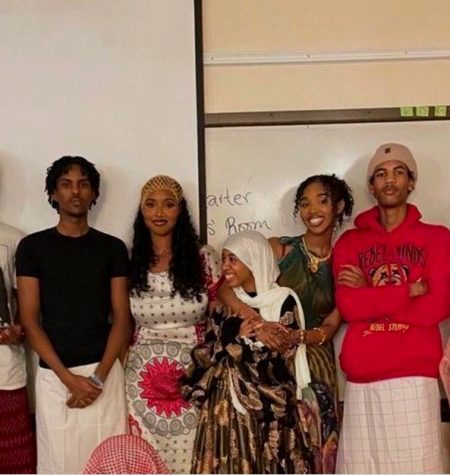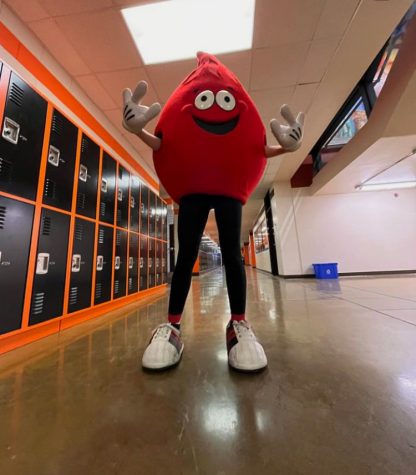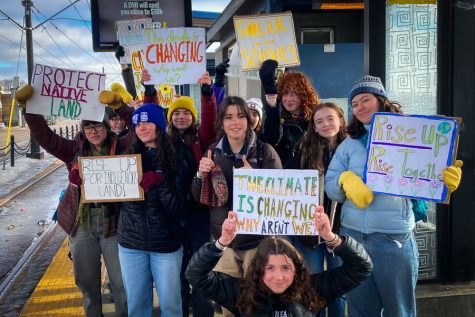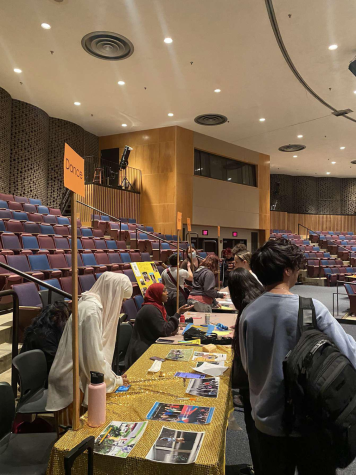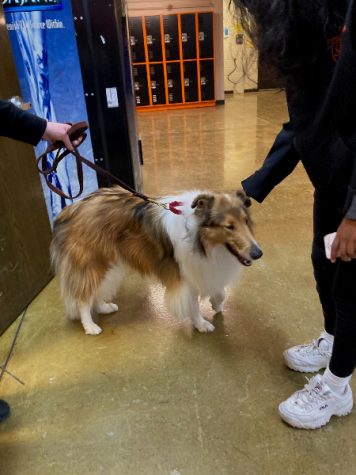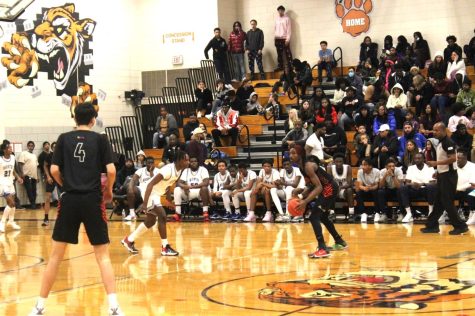YouthCAN! Educates and empowers student activists
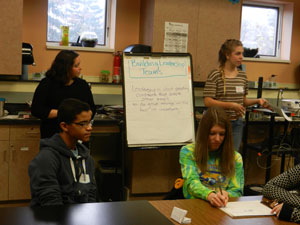
December 5, 2014
“Adults are scared of educated youth,” stated Kim Wasserman, a community organizer from Chicago who was one of the keynote speakers at Youth Climate Action Now. The event’s name was appropriately shortened to Youth CAN!, as its goal was to bring together and empower teen activists from all over the state of Minnesota while focusing on climate issues. The day-long event was planned and executed by students from the Will Steger Foundation’s Youth Environmental Activists of MN (YEA! MN) program.
“We wanted youth to feel that they had the tools they needed to combat climate change and to work for environmental justice, and that they would be able to share those passions with others.” said Youth CAN logistics committee member Becca Krasky, who is also co-president of South’s environmental group, the Green Tigers.
The event took place on Saturday, November 8th at El Colegio charter school on Bloomington Ave. Around 170 students from 15 different high schools gathered there at the start of the day, and crowded into the gym to hear the first speakers. We were welcomed in by students Carlos Parra, Sjournee Quaidoo and Kendra Roedl, all members of YEA! MN.
The first to speak was Will Steger, a renowned advocate for the understanding of climate change, who has led many expeditions to the Arctic. He presented about the melting of the ice caps in the Arctic, something he thinks is very important, because very few people can actually see the breakup of glaciers and ice. He spoke more about the scientific side of climate change, while the other speakers shared experiences of youth organizing.
Kim Wasserman, the following speaker, engaged the audience with the story of youth organizing against a coal plant in her Chicago neighborhood, Little Village. The coal plant existed in the center of Little Village, although the residents did not know about it or the damaging effects on their community. Asthma plagued the neighborhood, and accounted for 40 deaths a year of their people. A particularly striking image that Wasserman described was of youth protesting at city hall, laying down 40 body bags to represent the annual deaths caused by the coal plant.
Little Village, which is a mostly Spanish-speaking community, had a hard time getting in contact with the mayor, who did not want to deal with their neighborhood. There were many other problems within the community, along with not much awareness of the coal plant and the problems it caused. Wasserman said that the young people that lived there stepped up to organize themselves, and worked to protect the neighborhood at any cost. Wasserman stressed that it is important to contact representatives, and that “elected officials work for us, we don’t work for them.”
YouthCAN did not just focus on environmental issues, but educated students on how they connect with other social issues. Climate change disproportionately affects low income communities of color. There is a connection when advocating for better solutions, so students from many different communities and backgrounds were represented at YouthCAN.
“[YouthCAN] gave me a lot of motivation to do things,” said Abdul Wake, a senior at South. “It made me realize the power of talking about important things, and that climate is one of the most important issues we have at the moment.” Wake had also attended the People’s Climate March in New York with YEA!MN.
To help young activists with organizing, YouthCAN offered workshops for learning new skills and ways to combat climate change. Some trainings offered were systematic change strategies, leadership skills, and how to introduce new members to a group. Many of the trainings were run by student leaders, setting an empowering example for other youth activists.
YouthCAN did not just focus on environmental issues, but educated students on how they connect with other social issues. Climate change disproportionately affects low income communities of color. There is a connection when advocating for better solutions, so students from many different communities and backgrounds were represented at YouthCAN. “Environment and social issues go hand in hand.” said Wake.
YouthCAN brought together student leaders from many different high schools, who all shared a similar commitment to combating social and environmental injustices. “It was amazing to see so many young people like me who are also passionate about the environment,” wrote Kumar Flower Kay, a YEA!MN member and senior at DeLaSalle High School, in a reflection about YouthCAN. “Because of them, I walked away from the day with a new hope and optimism for our future, as well as many ideas for new projects I can start both at home and in my school green team.”
For more information about the YEA!MN, visit their website: http://www.willstegerfoundation.org/local-outreach-minnesota/learn-more-emerging-leaders-local


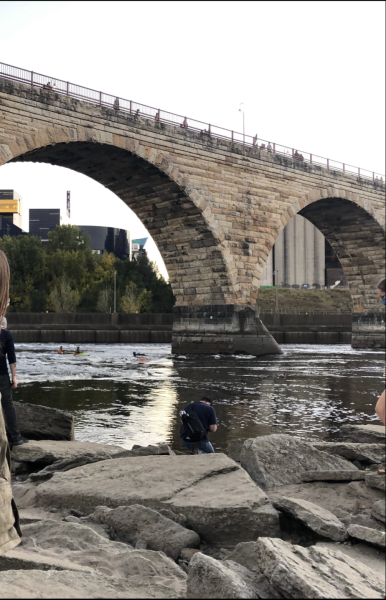
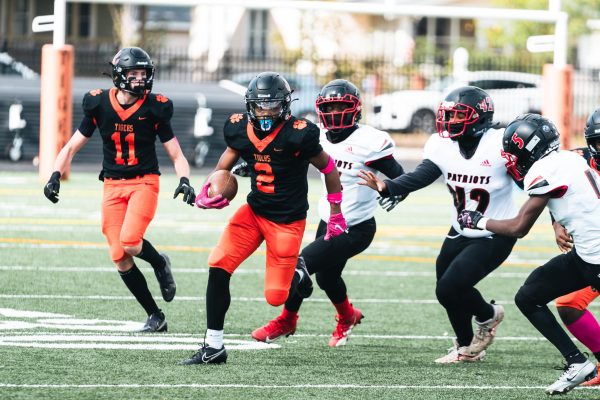
![A power outage on Friday May 12 before the start of the school day led many students to leave the building and miss parts of first, second and third hour. “[Staff at the front door] said the power might be on at 11, so [we should] come back to school at 11,” recalled freshman Riley Olson. “A lot of people went back home.” However, Principal Afolabi Runsewe claimed and maintains that students were told to stay in the commons and were never given the option to leave school.](https://www.shsoutherner.net/wp-content/uploads/2023/06/power-outage-475x356.png)
